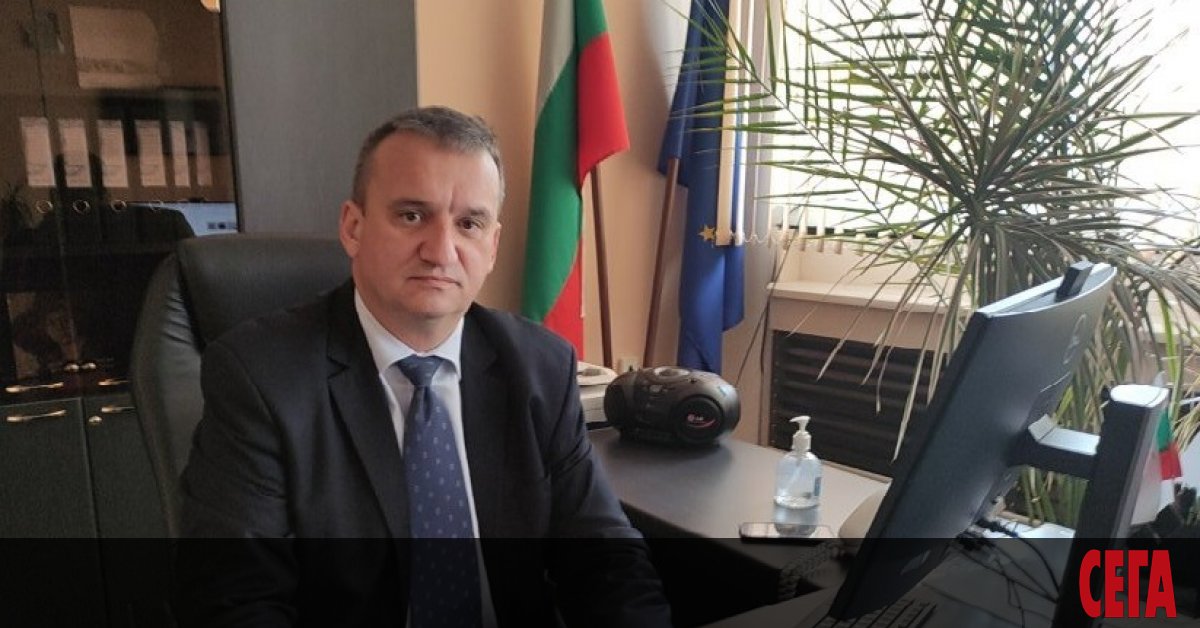Title: Microsoft’s Underdog Act in $69 Billion Buyout Attempt Raises Eyebrows
Subtitle: Sony and Microsoft engage in fierce battle to convince regulators in Activision Blizzard buyout saga
Date: [Current Date]
In a bid to secure its massive $69 billion buyout of Activision Blizzard, Microsoft has once again attempted to portray itself as the underdog in the ongoing court case with the US Federal Trade Commission. The tech giant, with its trillion-dollar valuation, is leaving no stone unturned to convince regulators to approve the acquisition.
Highlighting Xbox’s consistently lower sales compared to PlayStation, Microsoft pointed out that its console has consistently ranked third in the market, with just a 16 percent market share. The company acknowledged that its rivals, including PlayStation and Nintendo, are positioned to continue dominating the console wars by leveraging exclusive content.
While it is true that PlayStation has successfully secured timed and console exclusives, such as the recent launch of Final Fantasy 16, this tactic is commonly employed by all manufacturers. Interestingly, it was revealed that Redfall, a highly anticipated game, was initially being developed for the PlayStation 5 before Bethesda’s buyout by Microsoft. Additionally, Starfield, another highly anticipated title, was also planned for PlayStation at one point.
Undoubtedly, Microsoft’s claim about Xbox trailing behind PlayStation and Nintendo in hardware sales is supported by factual data. However, it is difficult to fully embrace the company’s underdog act when it is solely being used as a strategy to push through a monumental $69 billion buyout. This acquisition is so massive that only a handful of companies on the planet have the financial resources to fund it, with Microsoft being one of them.
The ongoing court case between Microsoft and the US Federal Trade Commission continues to unfold, with both Sony and Microsoft fiercely battling to sway regulators in their favor. As the saga surrounding the Activision Blizzard buyout persists, it remains to be seen how the regulators will ultimately decide the fate of this multi-billion dollar deal.
Source: [The Verge via Eurogamer]
About the Author:
Sammy Barker is a seasoned PlayStation veteran who has been covering the world of PS gaming for years. With an impressive Trophy count, he brings a wealth of experience and knowledge to his writing. Apart from gaming, Sammy also has a passion for tennis games.

How is Microsoft positioning itself as the underdog in the gaming industry and what strategic benefits does it hope to gain from this portrayal?
Its rival Sony’s PlayStation, Microsoft is positioning itself as the less dominant player in the gaming industry. This strategic move is an attempt to gain sympathy from regulators who may perceive the buyout as a threat to competition.
The battle between Sony and Microsoft for dominance in the gaming market is not a new phenomenon. Both companies have invested heavily in acquiring exclusive game titles, enhancing their online gaming platforms, and developing cutting-edge hardware. With the potential acquisition of Activision Blizzard, Microsoft aims to solidify its position and challenge Sony’s reign by adding popular game franchises like Call of Duty and Candy Crush to its already impressive portfolio.
However, Microsoft’s underdog act has received mixed reactions. While some industry experts view it as a clever tactic to win over regulators, others see it as a disingenuous attempt to circumvent regulations and gain an unfair advantage. Critics argue that Microsoft’s massive financial resources and global influence make it far from being an actual underdog.
The outcome of this buyout saga remains uncertain. Regulators are tasked with carefully analyzing the potential impact on competition and consumer welfare. If approved, the acquisition would undoubtedly reshape the gaming industry and strengthen Microsoft’s position against Sony. On the other hand, the denial of the buyout could have significant implications for both companies, potentially leading to a reshuffling of the gaming market landscape.
As the battle intensifies, industry observers eagerly await the decision of regulators, which will ultimately determine the future of this multi-billion dollar deal and the gaming industry as a whole.
